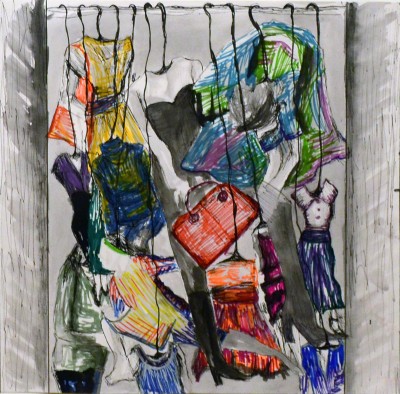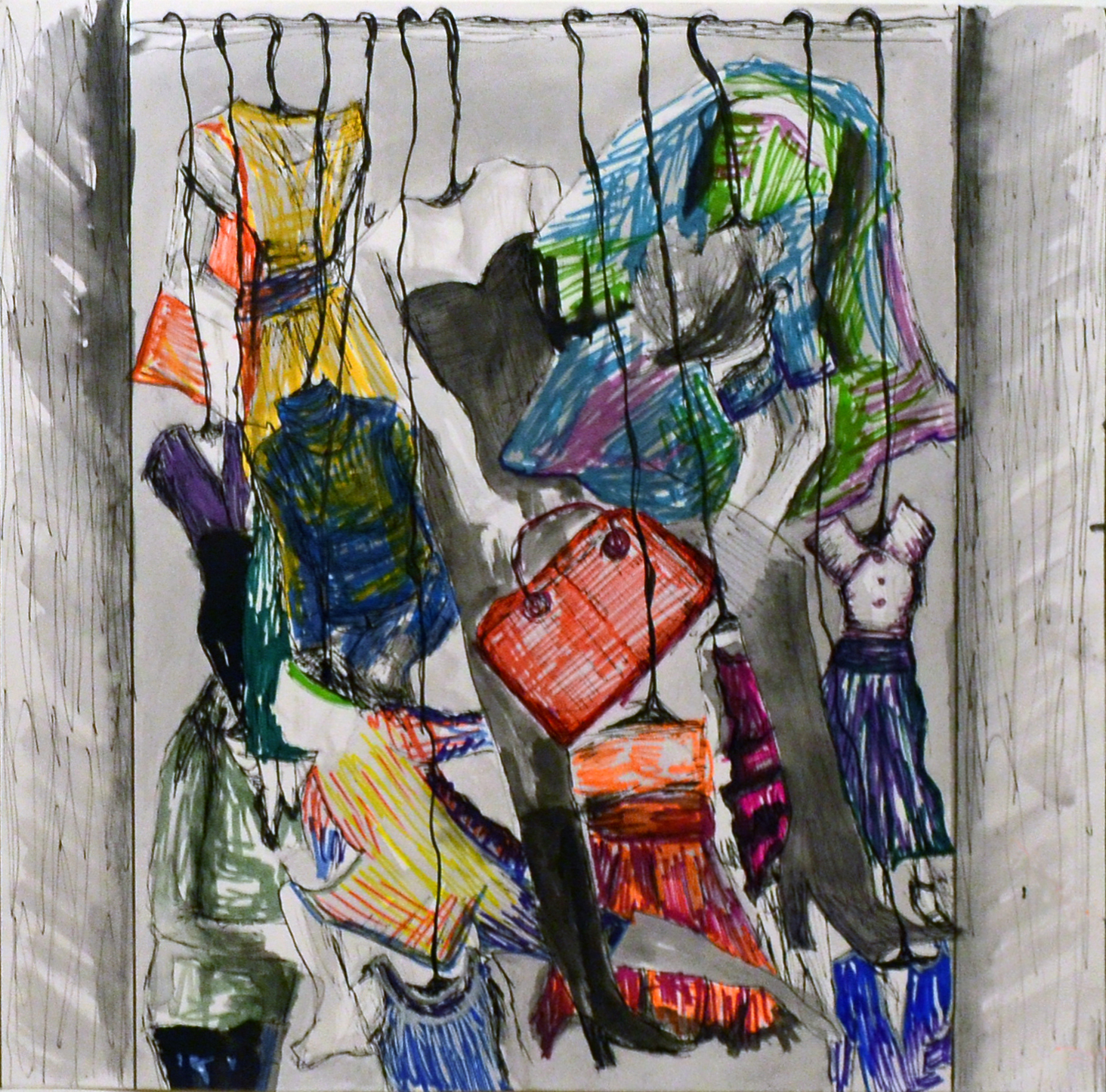
When I was very young, I was jealous of the way my sister and her friends played together. Other boys were always so aggressive, so into breaking stuff, but girls just played nice. What they were playing–Barbies, house, Mall Madness–I thought was stupid, but I was frustrated that I couldn’t find another boy who wanted to play with my Power Rangers or cars with more respect for plot (yes, I had a plot in mind when I played with my cars. Pixar owes me millions) than for crashing them into walls. Or how when I screwed up in a video game with my male friends, they yelled at me and seized the controller, while the few times I played them with girls, they (mostly) laughed with me then encouraged me to try again. It probably didn’t help either that I’m one of the least athletic men ever born in Western Pennsylvania.
Aside from bad hand-eye coordination, one of the reasons I screwed up so much at video games was because I never had a system at home. “You watch enough TV,” was my parents’ constant answer to my demands for a Sega Genesis. Of course they were right: by conservative estimate, I watched at least 360 hours of TV a week, mostly sitcoms. That genre taught me that, in the real world, men watch football, drink beer, play with power tools, and screw things up so that their wives can fix them in the end–a happy ending where everybody learns valuable life lessons (like listen to your wife).
As a teenager, while most other guys gushed over the technical details of the Fast and the Furious movies and their latest hook-ups, I was filling my bookshelves with collections of Peanuts comics and spending much of my free time writing in my notebook. On the rare occasions I even had one, I kept my crushes to myself, as a teenager at a public school who has bookshelves filled with Peanuts collections and Rush albums is probably wise to do. Yes, most of my friends did do band and/or theater, thanks for asking!
When I started becoming religious in college, I gravitated towards Orthodoxy because that seemed like what you’re supposed to do when you become more religious and you’re a Jew, but even for the maybe 2 weeks in the summer of 2007 when I truly believed in its doctrines, I never quite felt comfortable in that world.
My sophomore year of college, I had the privilege of living in the InterCultural House (ICH), an old mansion just off the University of Pittsburgh’s campus where students from different backgrounds and ethnicities live, eat, talk, and teach together. That’s where I first learned about privilege–white, male, straight, and otherwise.
It was and is terrifying to think that well over half the population of this country can’t do one of my favorite things–walk around in public without anyone noticing you–because of people who look like me. And it makes no difference that I’m not typical, you can #NotAllMen/Straights/Whites all you want, it won’t solve anything and really just makes things worse.
What ICH taught me more than anything is the value of shutting up and listening to people. Real people, not the talking heads on TV.
At the same time, my newly-embraced Judaism was teaching me that you shouldn’t only listen to other people, you also need to shut up every once in awhile and listen to yourself. Listening to myself at least as much as other people is how I came to at last find a Jewish community where I feel comfortable, and listening to myself is why I’m now okay with the fact that in this community, I’m unfortunately in a great minority of highly involved straight men who aren’t and don’t want to be clergy.
I’ve learned to accept myself as I am. I can be soft-spoken, enjoy musical theater, books, writing, and discussing, and still be attracted exclusively to women and there’s nothing wrong with that, even if society sometimes tries to make it seem that way.
Don’t get me wrong, I don’t by any stretch mean to compare anything I’ve gone through to the experiences of those in the LGBTQ community, my point here is simply that by creating “types,” as it inevitably must, viewing gender as a binary hurts everyone, even those of us who ostensibly fit into it.
Since college, probably over half of my closest friends have been women. Living in New York now, my social circle is more women of all gender identities and non-straight men than anyone I know from back home. And I’m happy as I’ve ever been, because I know I’m straight and I that don’t owe anybody else anything.
This is all meant to demonstrate how the gender binary makes it hard for everyone, even us straight people, to fully express who we are. As a traditionally patriarchal culture, Judaism is facing a similar struggle, and Millennial Jews are bearing the brunt of it. As the first generation to grow up in a world that no longer views gender as a binary, the outcome of their struggles will inevitably shape the future of Judaism in more ways than we can currently foresee, making it especially vital that the rest of the community gives them the space they need to explore these issues for themselves in an open, honest, and caring environment.
The goal of New Voices Gender Week is to provide that environment, for writers as much as much for readers. This week, you’ll meet students from all over the country and from all different backgrounds wrestling with questions of who they are, what kind of community they want, and how they plan to build it. You’ll find yourself both horrified at the mistakes some Jewish people and institutions have made and inspired for the future. You’ll also be confused, heartbroken, amused, angry, and, hopefully, in the finest Jewish tradition, left with many more questions than answers. This is a moment where young, deeply committed Jews are going to talk and the older generation is well-advised to shut-up and listen. Because as I said, the only thing more important to growth and self-discovery than listening to other people is listening to yourself.
Derek M. Kwait graduated from the University of Pittsburgh and is editor in chief of New Voices.

